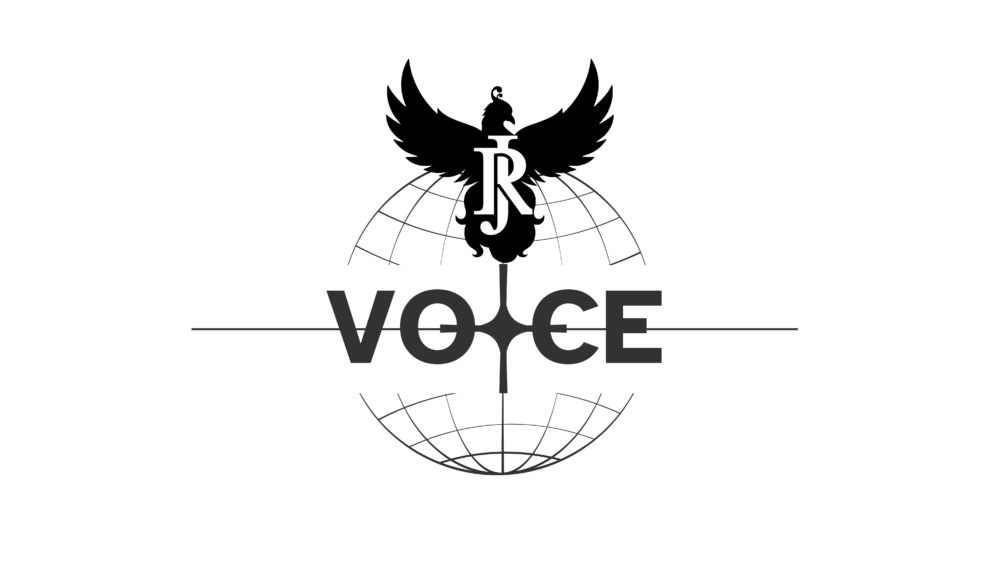An explosive device detonated Friday evening outside the Athens headquarters of Hellenic Train, Greece’s national railway operator, intensifying tensions still simmering from the deadly 2023 train crash that claimed 57 lives.
Authorities confirmed there were no injuries following the blast, which occurred along busy Syngrou Avenue, a central thoroughfare known for its restaurants and nightlife. The explosion reportedly caused minor damage to the building, and investigators have launched a full probe into the incident.
Eyewitnesses described the moment the device went off. Greg Almaguer, a tourist from Texas, said he and his family had been dining nearby when the explosion shattered the evening calm. “I just heard the explosion and started smelling the powder. It was big, powerful, and scary,” he recalled.
Local media reported that an anonymous call had been made to a newspaper and online news outlet roughly 40 minutes before the blast, warning of a bomb outside Hellenic Train’s offices.
The company released a statement confirming the explosion occurred near its central offices but noted that no staff or civilians were harmed. Officials said police responded swiftly after receiving the bomb threat, and that the company is fully cooperating with investigators while ensuring employee safety.
Police cordoned off the area as forensic teams in protective gear examined the scene. A bag containing the explosive device was found placed near the railway company building, according to initial reports from officers on the ground.
The attack comes amid escalating outrage over the government’s response to the 2023 rail disaster in Tempi, where a freight train and a passenger train were mistakenly directed onto the same track, leading to a horrific head-on collision. Many of the victims were students returning to university after a public holiday.
The tragedy, Greece’s worst train accident, exposed glaring failures in the country’s rail infrastructure, including outdated safety systems and administrative negligence. It has since fueled sustained protests, often led by families of the victims, demanding accountability from senior government officials.
Critics argue that the government has failed to adequately address the systemic issues that led to the crash, nor held top political leaders responsible. To date, only railway employees have faced criminal charges.
Protests have surged around the second anniversary of the crash, some escalating into violent confrontations between demonstrators and police. The latest bombing appears to be a grim escalation of the public’s frustration, adding pressure on authorities already under fire for their handling of the tragedy and its aftermath.































































